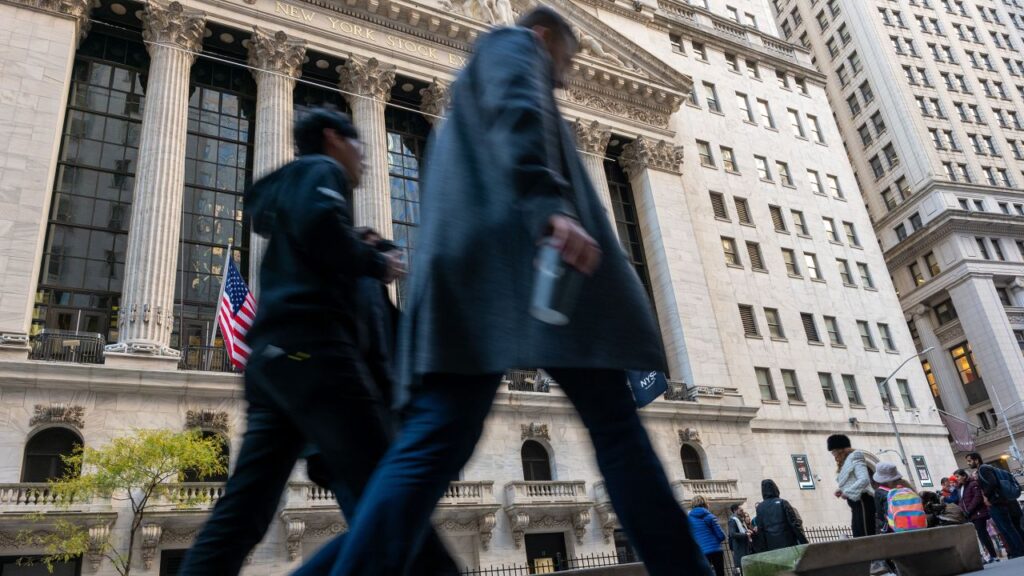The war in Ukraine has tended to increase uncertainty regarding inflation and growth prospects. When and with what consequences this war will end is pure speculation, but capital markets are expected to build a certain immunity to the headline risks in the coming weeks. The medium- to long-term consequences, on the other hand, could be significant. It is possible that we are at the beginning of a new bloc formation or a new Cold War. This would put a significant damper on globalization and further fuel higher structural inflation.
Financial markets had another turbulent week, with the most notable event probably being the Bank of England’s emergency decision to buy back British debt, coupled with the government’s announcement of big tax cuts. This expensive mini-budget didn’t please investors at a time when interest rates are rising to fight inflation. Across the Atlantic, US major equity indices posted their worst month since March 2022 in September, with the Dow falling 8.8%, the S&P 500 down 9.3%, and the Nasdaq Composite tumbling by 10.5%. European markets relatively outperformed during the month, with the Euro Stoxx 50 down 4.9% in September.
Summary
- Asian markets mostly fell this morning, as weak market sentiment pervaded at the start of the new quarter. Shares in New Zealand, Australia and Hong Kong were all trading in negative territory, while Japanese shares gained in early trade. Meanwhile, mainland China and South Korean markets were closed for respective holidays.
- European equities are on track for declines after futures fell more than 2% during Asian trading hours. Similarly, futures contracts tied to the three major US indices were all trading in negative territory.
- Oil prices jumped over 2% on Monday, boosted by reports that OPEC+ was considering cutting output between 500,000 to 1 million barrels a day when it meets on Wednesday. Oil has sunk since June, amid strict pandemic curbs in China, high interest rates, and a strong dollar.
- The UK’s Chancellor of the Exchequer, Kwasi Kwarteng, is privately trying to reassure Conservative Members of Parliament that his tax cuts can fix the UK economy, in a bid to head off a potential rebellion. Separately, Prime Minister Liz Truss said the controversial decision to cut the highest rate of UK income tax was taken by Kwarteng. In the meantime, reports surfaced this morning that the UK government may decide to reverse its planned scrapping of the top rate of income tax.
- S&P cut the outlook for its AA credit rating for British sovereign debt on Friday to “negative” from “stable” as it judged Prime Minister Liz Truss’s tax cut plans would cause debt to keep rising.
- Russia suffered a new operational defeat, this time in the strategic eastern Ukrainian town of Lyman, just a day after Putin illegally declared control of the region.
- Tesla on Sunday announced lower-than-expected electric vehicle deliveries in the third quarter, as logistical challenges overshadowed its record deliveries. The company said, “It is becoming increasingly challenging to secure vehicle transportation capacity and at a reasonable cost.” Tesla delivered 343,830 EVs, less than the 359,162 analysts on average had expected. A year earlier Tesla delivered 241,300 units.
- Credit Suisse executives spent the weekend reassuring large clients, counterparties and investors about its liquidity and capital position according to the Financial Times, after spreads on the bank’s credit default swaps rose about 15% last week to levels not seen since 2009, and shares touched a new record low.





